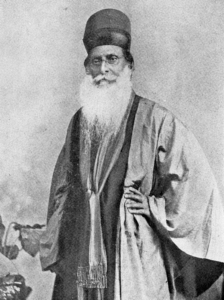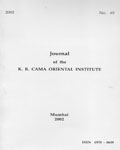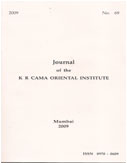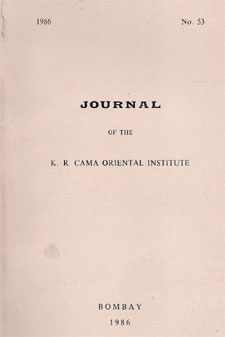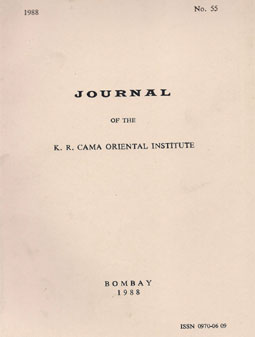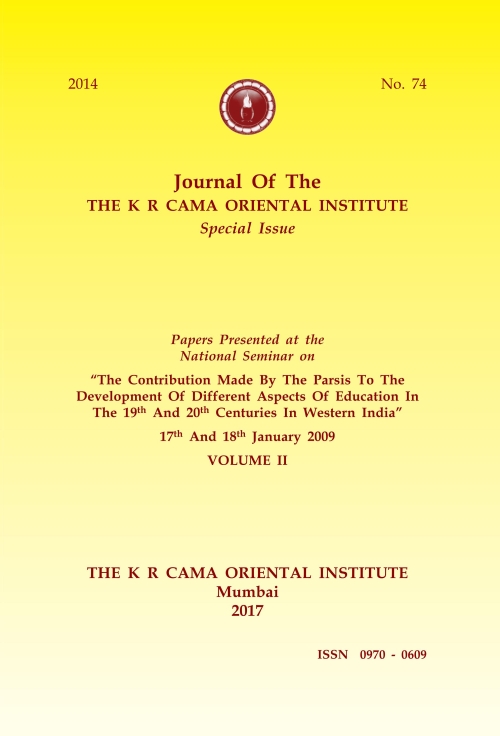Description
This issue of the Journal contains seven articles by eminent scholars in their respective fields.
The first four articles appeared earlier in the Souvenir of our Third International Congress and are being republished in this Journal so as to reach a wider audience.
Mr Clarence Fernandes, a noted linguist, writes a well-researched article on Herodotus and the Achaemenian Empire and Herodotus’ travel through the western portion of the Empire.
Mr Nalinaksh Pandya is president of the Pariyatra Foundation at Vallabh Vidyanagar in Anand district, Gujarat. He is also the curator of the Museum of the Gujarat Research Society, Bombay. Among his several achievements is the discovery of over 300 paper manuscripts at Agas in Gujarat, written in Sanskrit, Prakrit, Rajasthani and Gujarati. His paper in this issue of the Journal is titled Ancient Iran’s Relations with Protohistoric India and traces the two caravan routes by which India could be reached from Iran.
Mr Marzban J Giara, a student of Zoroastrianism, writes a carefully researched paper on The Impact of Indo-Persian Language and Literature on Civilisation. The author mentions pre-Islamic Persian literature and considers the several inscriptions carved at several places in present day Iran.
Mr Viraf M Dhalla’s thoughtful paper on the Tolerant and Sympathetic Attitude of the Persians towards all Religions with Special Reference to Buddhism in Gandhara is illustrated with interested accounts of archaeological excavations carried out at Taxila between 1913 and 1934.
The Parsis of Bharuch (1803 – 1947) is a very interesting article authored by Ms Meher P Kelawalawho is presently doing her Ph.D. from the Asiatic Society of Bombay on Early Parsi Settlements on the Western Coast of India. In her article, Ms Kelawala traces the activities of Bharuch’s Parsi community and its relations with other communities in the area.
Dr. Kanoko Tanaka, Lecturer of Buddhist Studies and Comparative Religion, Komazawa University, Tokyo was awarded the Best Scholar prize by the Japanese Association for Comparative Philosophy in 1999. Having communicated with Zoroastrians while doing research in Delhi and later in Great Britain, her fascinating article, Zoroastrian and Jain Life-Ethics as a Source of Creation – Their Heritage for the Youth takes the form of a dialogue between Zoroastrian and Jain students.
Dr. Parivash Jamzadeh holds a doctorate in Near Eastern Studies from the University of California, Berkley. Her well-researched article on Achaemenid and Zoroastrian Echoes in Firdawsi’s Account of the Throne of Taqdis notes that according to the Shahnameh, the throne of Taqdis is reputed to have been built by Parvez, the celebrated Sassanian king. The author brings out the similarity between the account of Firdawsi’s throne of Taqdis and the creation of the throne at Persepolis.
This book is priced at US$18.00, inclusive of air-mail postage, packing, handling and bank charges.

